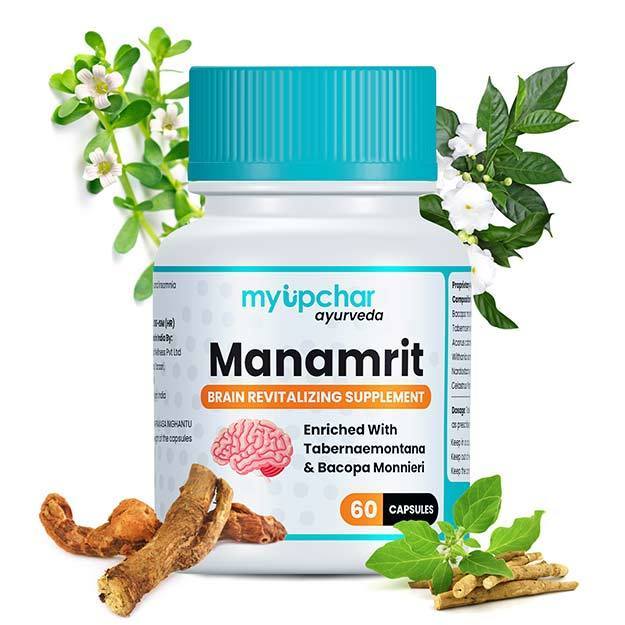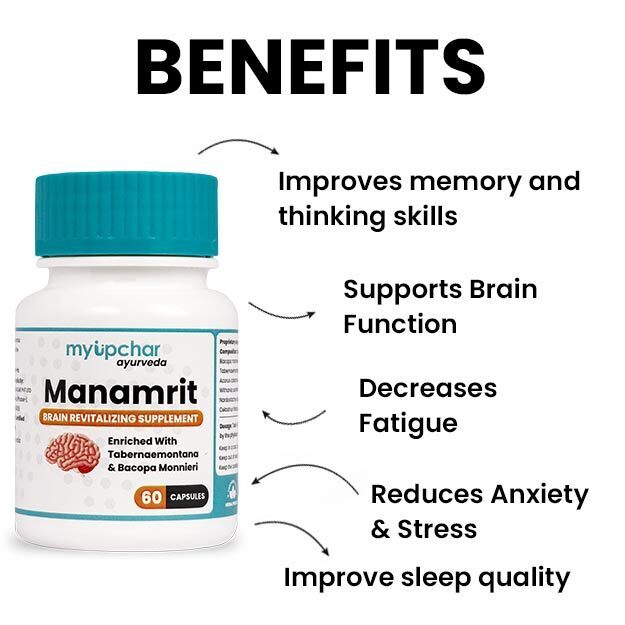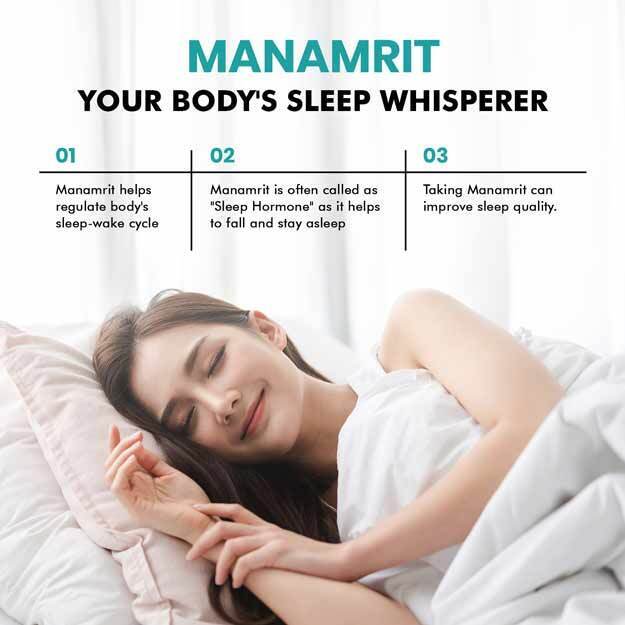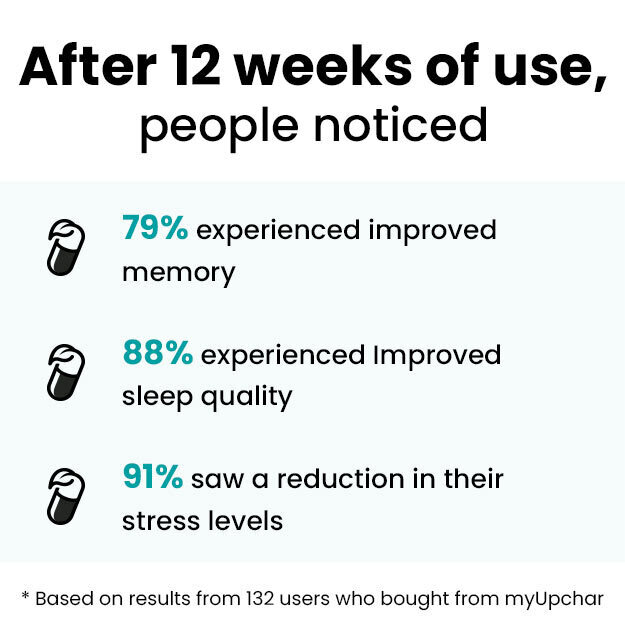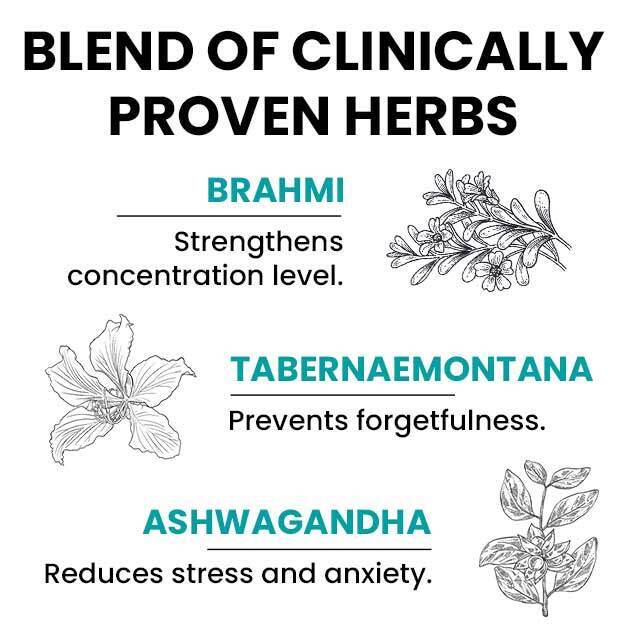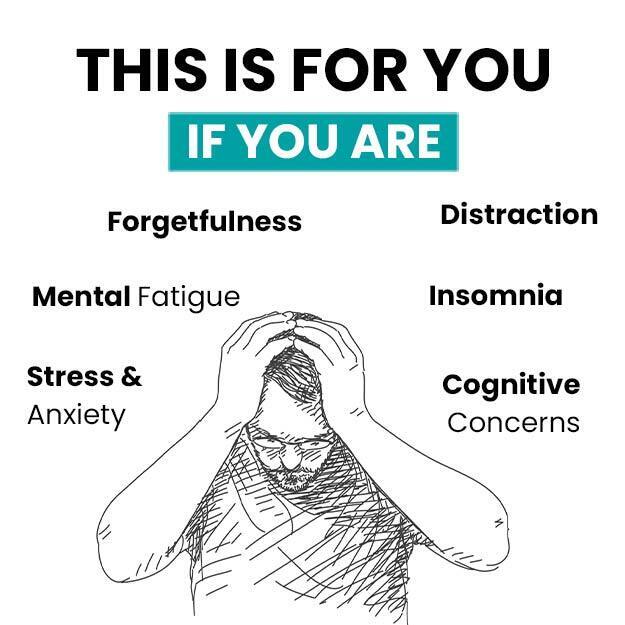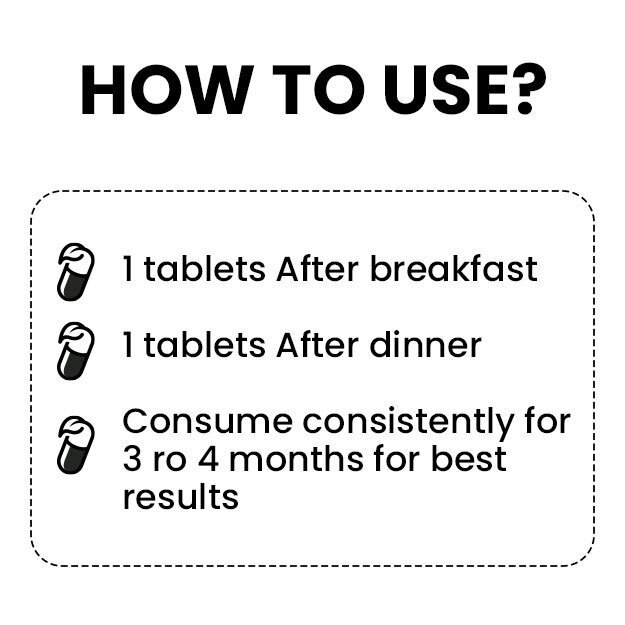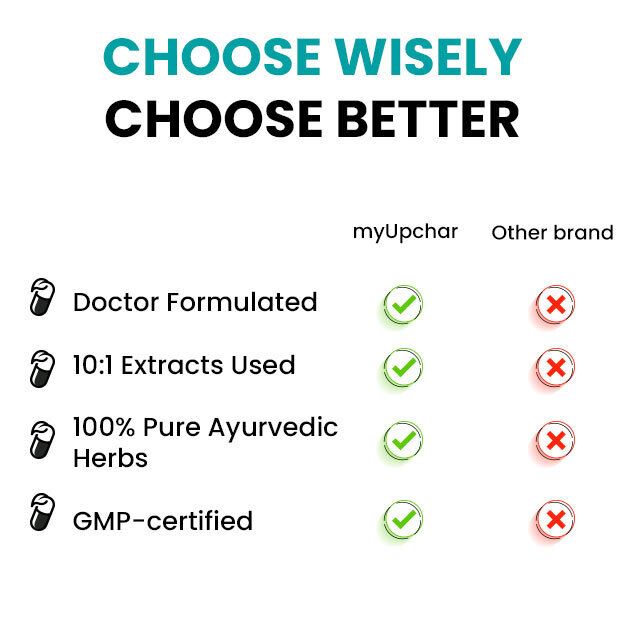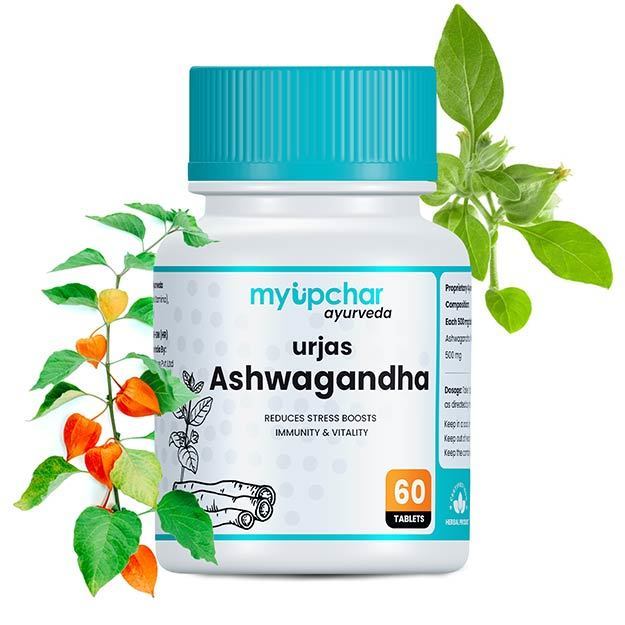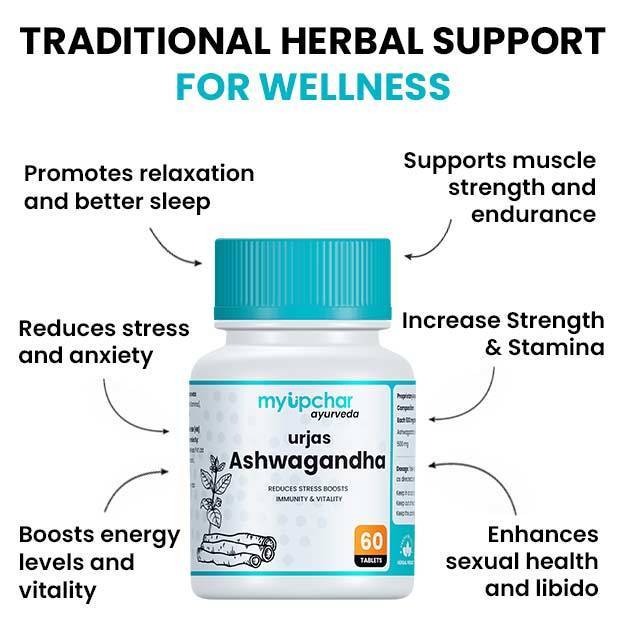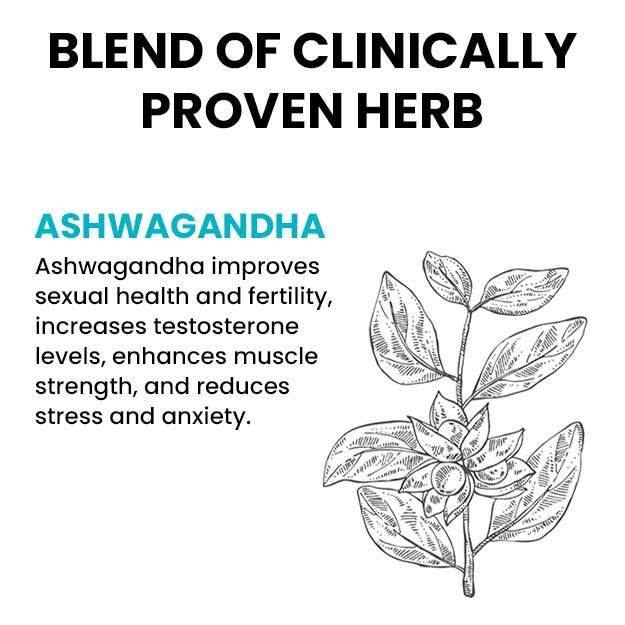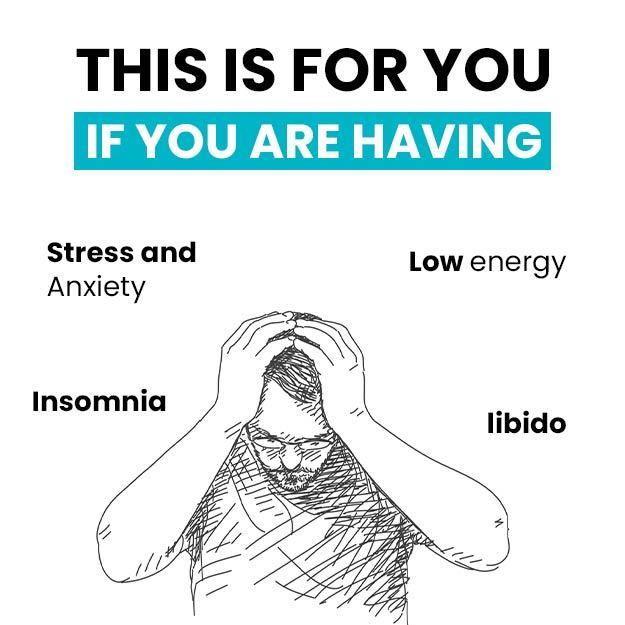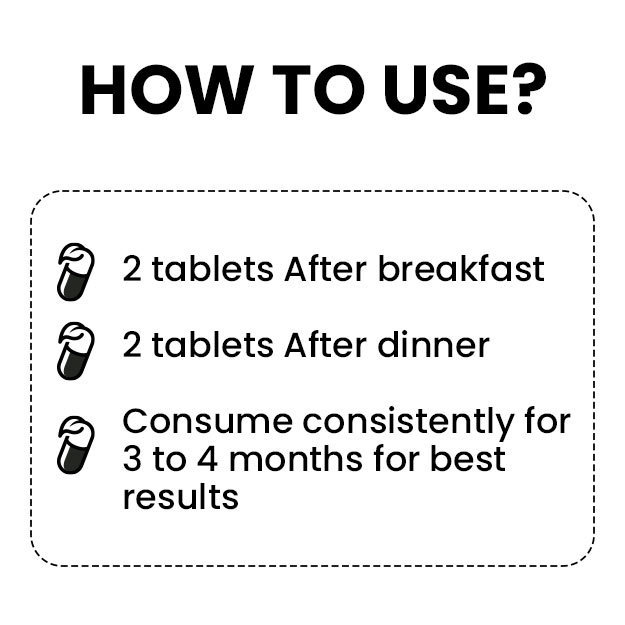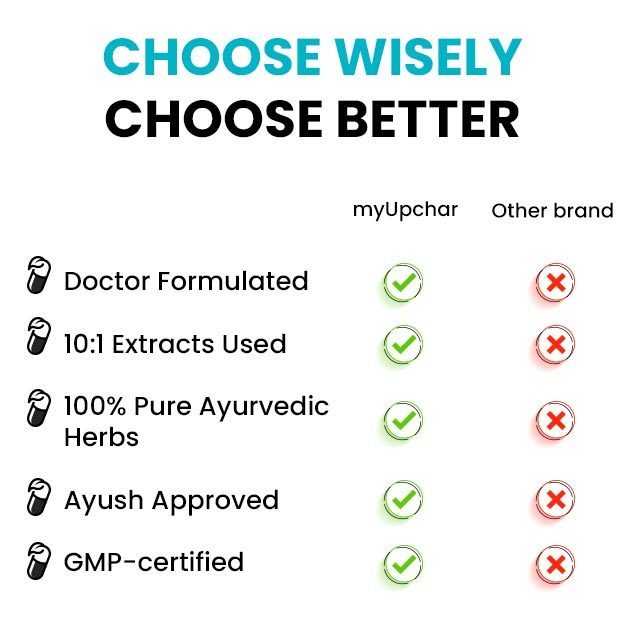The human brain is a complex machine; it processes several inputs at the same time to keep the body functioning normally. However, it too gets overwhelmed every once in a while, especially when you are living a busy life or are stressed. That’s when you start to forget things like people's names or where you kept your car keys or that super important item on your shopping list.
Now forgetfulness is alright when it occurs occasionally, but constant memory issues indicate that you need to take a step back and analyse your life. If you are not getting enough sleep, are stressed or are constantly juggling multiple things, these could be the reason why you forget things more often now.
However, memory impairment is also an indication of old age as well as genetic conditions like Alzheimer’s. The symptoms of Alzheimer’s, a degenerative disease of the brain, don’t usually show up before the age of 60 years (30 years in the case of early-onset Alzheimer’s). If you have a family history of the condition, it is best to keep tabs on your health and visit a doctor to rule it out as a cause of dementia.
While you can’t stop age-related memory decline, you can certainly make some changes in your lifestyle to slow it down. These changes are as easy as training your brain, getting good sleep and eating lots of dark chocolate. (Read more: Why eating chocolate lightens you up)
Here are some remedies you can try at home to improve your memory:
- Herbs to improve memory
- Meditation improves memory
- Exercise improves memory and learning
- Brain games improve memory
- Get enough sleep to improve memory
- Foods to improve memory
Herbs to improve memory
Traditional medicine lists various herbs that are known for their positive effects on memory. Let us have a look at them:
- Brahmi (Bacopa monnieri): Brahmi is one of the best herbs for improving memory and cognition. It contains various bioactive ingredients including bacosides and stigmasterols that not only help reduce memory decline but also improve brain function. Though it is not known how these compounds act on the brain, their antioxidant activity is believed to be one possible mechanism.
Antioxidants are substances that neutralise free radicals (singlet oxygen molecules formed as a result of normal metabolism) in the body. Free radical accumulation is one of the major causes of deterioration of organ function.
Clinical studies show that regular intake of 300 to 600 mg of brahmi extract can improve memory recall and cognitive function in humans. But it is best to check with a doctor to know the right dosage of the herb for you. - Ginseng (Panax ginseng): Ginseng is not just an anti-ageing herb, the active ingredients present in Panax (ginsenosides) are known for their nootropic effects (they enhance memory and cognition). In particular, ginseng promotes signal transduction between brain cells, so you can recall things quickly and effectively. A randomised double-blind placebo-controlled trial done in the UK found that taking a single dose of 400 mg of Asian ginseng can improve mood and the speed of memory recall. American ginseng (P. quinquefolius) has also shown beneficial effects in memory improvement.
- Ginkgo biloba: Ginkgo biloba is primarily a supplement for the brain, though it is also eaten as a food in some Asian counties. Evidence suggests that consuming ginkgo supplements leads to improved memory recall and cognition within 30 days. It improves blood flow in the brain and acts as a natural neuroprotectant (reduces the risk of health conditions that deteriorate brain function). While it is still not known how ginkgo helps improve memory, the benefits have been attributed to compounds like flavonoids, ginkgolides and bilobalide.
- Ashwagandha: Ashwagandha is an adaptogenic herb, it reduces the harmful effects of stress on the body. Both the leaves and roots of ashwagandha plant have proven benefits for improving memory function. Animal studies indicate that ashwagandha leaf extracts can improve the ability of your brain cells to make and store memories.
A pilot study including 50 people with mild cognitive impairment found that consuming 300 mg of ashwagandha root extract per day can help improve memory and brain function. - Shankhpushpi: Shankhpushi is yet another nootropic herb that is well known for its effects on cognitive function and memory. It is traditionally used to treat stress, insomnia and anxiety. Animal studies show that shankhpushpi increases the connections between brain cells, which improves brain function. Also, it has various antioxidant compounds that protect the brain from health conditions and age-related memory decline.
It is important to note that every herb has its own set of side effects too. Intake of herbal remedies is contraindicated in certain health conditions. So, it is always a good idea to ask your doctor before taking any herb.
Meditation improves memory
Regular meditation improves both mental and physical health. It reduces stress, anxiety and depression, helps regulate blood pressure, improves sleep quality and is an excellent way to improve both memory and cognition. Evidence suggests that meditation increases the amount of oxygen available to the brain, which, in turn, improves the attention span and focus. It also slows down age-related cognitive decline and reduces the risk of Alzheimer’s disease.
There are various types of meditation you can try. These include the traditional focus meditation where you focus on one thing, usually a mandala or a dot, or try guided meditations. Guided meditations typically start with breathing and have affirmations or imagery to help you relax.
Exercise improves memory and learning
Studies show that even a single experience of aerobic exercise induces genetic changes in the body, which leads to improvement in mood and cognition. Though to get the maximum benefits from physical exercise, you need to do it regularly.
A systemic review and meta-analysis published in the peer-reviewed journal Psychological Medicine indicated that people who exercise every day are at a much lower risk of developing dementia later in their life.
A 2019 study indicated that regular exercise can improve memory and cognition in older adults suffering from Alzheimer’s. Here are some exercises you can try:
Brain games improve memory
Brain games are a fun and easy way to improve memory and exercise the mind. These games challenge your brain just as a physical exercise challenges your muscle strength.
A 2019 study found that brain games can improve mild cognitive impairment in older adults.
An earlier article published in Plos One showed that different types of brain training exercises improve specific brain functions, such as the speed of processing information, reasoning and memory.
Crossword puzzles are the best way to improve memory and cognition. Sudoku and jigsaw puzzles are a good bet, too.
Make sure to keep on raising the difficulty bar once a level becomes easy for you - otherwise, you won't get the complete benefit of the exercise.
Get enough sleep to improve memory
Sleep has a crucial role in forming memories and recall. When you sleep, your brain processes all your short-term memories and decides which ones it needs to keep. On the other hand, sleep deprivation won’t let you focus on anything let alone retain information.
In a study done in Japan, a group of 70 people were given a list to memorise. Half of these people slept through the night and the other half remained awake. The next morning, both the groups were asked to recall the list and the group that slept clearly recalled things much better than the group that stayed awake.
The same results were obtained in a similar test done on a group of adolescents in the US.
Sleep requirements generally vary as per your age, health and lifestyle but if you are an adult between 18 to 65 years of age, you need to get at least seven to nine hours of sleep every day.
Read more: Home remedies for deep sleep
Foods to improve memory
If you are not taking all the essential nutrients in your diet, your brain function is bound to suffer. In fact, poor diet is one of the major risk factors for memory impairment and cognitive decline. Here are certain dietary additions that may help you improve your memory and overall brain function:
- Omega-3 fatty acids: Omega-3-fatty acids play an important role in maintaining the structure and function of brain cells and the transfer of signals between neurons. A randomised double-blind placebo-controlled trial done in Germany found that supplementation of Omega-3 fatty acids can improve memory in healthy older adults.
Omega-3 fats are present in ample amounts in fish. Fish consumers are shown to have a much less five-year cognitive decline than those who don’t consume fish. However, you can also get your omega-3s from other foods including walnuts, flax seeds and chia seeds. - Vitamin B6, B9 and B12: A deficiency in vitamin B6, vitamin B9 deficiency or vitamin B12 deficiency leads to an elevation in the levels of homocysteine - an amino acid, which is associated with an increased risk of dementia.
Some clinical studies have shown that supplementation of 75 micrograms (mcg) of vitamin B9, 15 mcg of vitamin B12 and 75 mcg of vitamin B6 can improve memory performance in adult women. However, there aren’t many studies on the association between vitamin B supplementation and memory improvement. If you are deficient in any of these vitamins, taking vitamin B supplements may anyway be beneficial for you. Though, talk to your doctor to know the right dosage.
Vitamin B12 is almost exclusively found in animal products including eggs, poultry and fish, though certain cereals are now being fortified with vitamin B12. Vitamin B9 can be obtained from leafy vegetables, peanuts, beans, and whole grains, and foods like soybeans, milk, potatoes, peanuts, poultry and fish are good sources of B6. - Vitamin D: Vitamin D deficiency is thought to be one possible risk factor for age-related dementia. A randomised clinical trial done in Canada showed that vitamin D supplementation can improve visual memory but not verbal memory in those who are deficient in vitamin D.
Since vitamin D levels tend to decline with age, it is best to get a blood test done to know if you need an extra dose. Some foods rich in vitamin D are milk, yoghurt, cod liver oil, fish, and eggs. - Tea and coffee: While there aren’t many studies that have proven the benefits of tea for improving memory, tea is known as a natural cognition stimulator in some Asian countries. It is loaded with antioxidants, particularly Epigallocatechin-3-gallate (EGCG) and caffeine that fight free radical damage and reduce the risk of age-related dementia. Tea is also known as a stress buster.
On the other hand, caffeine and coffee consumption has been linked to short term improvement in memory - there is no evidence on the long-term effects of coffee or caffeine on memory function. - Cocoa: If you love dark chocolate, then this one’s for you. Cocoa is not just yummy but it is also rich in flavonoids, a type of antioxidants, which are said to be highly beneficial for the brain.
A random control trial done in 2016 found that those who consume chocolate often, along with at least 75 g of caffeine daily (equal to almost a 200 mL cup of coffee), are at a much lower risk of cognitive decline.
Dark chocolate and cocoa powder have the highest content of cocoa.
Read more: Foods to increase brain power
Find Naturopathy Doctor in cities
References
- National Institute on aging [Internet]. National Institute of Health. US Department of Health and Human Services; What Are the Signs of Alzheimer's Disease?.
- Kumar Hemant, More Sandeep Vasant, Han Sang-Don, Choi Jin-Yong, and Choi1 Dong-Kug. Promising Therapeutics with Natural Bioactive Compounds for Improving Learning and Memory — A Review of Randomized Trials. Molecules. 2012 Sep; 17(9): 10503–10539. Published online 2012 Sep 3. PMID: 22945029.
- Kennedy DO, Scholey AB, Wesnes KA. Modulation of cognition and mood following administration of single doses of Ginkgo biloba, ginseng, and a ginkgo/ginseng combination to healthy young adults. Physiol Behav. 2002;75(5):739–751. PMID: 12020739.
- Manchanda Shaffi, Kaur Gurcharan. Withania somnifera leaf alleviates cognitive dysfunction by enhancing hippocampal plasticity in high fat diet induced obesity model. BMC Complement Altern Med. 2017; 17: 136. Published online 2017 Mar 3. PMID: 28253924
- Choudhary D, Bhattacharyya S, Bose S. Efficacy and Safety of Ashwagandha (Withania somnifera (L.) Dunal) Root Extract in Improving Memory and Cognitive Functions. J Diet Suppl. 2017;14(6):599–612. PMID: 28471731.
- Farooqui Akhlaq A., Farooqui Tahira, Madan Anil, Ong Jolin Hwee-Jing, Ong Wei-Yi. Ayurvedic Medicine for the Treatment of Dementia: Mechanistic Aspects. Evid Based Complement Alternat Med. 2018; 2018: 2481076. Published online 2018 May 15. PMID: 29861767.
- Marciniak Rafał, et al. Effect of Meditation on Cognitive Functions in Context of Aging and Neurodegenerative Diseases. Front Behav Neurosci. 2014; 8: 17. PMID: 24478663.
- Mandolesi Laura, et al. Effects of Physical Exercise on Cognitive Functioning and Wellbeing: Biological and Psychological Benefits. Front Psychol. 2018; 9: 509. PMID: 29755380.
- Hamer M, Chida Y. Physical activity and risk of neurodegenerative disease: a systematic review of prospective evidence. Psychol Med. 2009;39(1):3–11. PMID: 18570697.
- Weng Wenqi, et al. The Transfer Effects of Cognitive Training on Working Memory Among Chinese Older Adults With Mild Cognitive Impairment: A Randomized Controlled Trial. Front Aging Neurosci. 2019; 11: 212. PMID: 31474850.
- Rasch Björn, Born Jan. About Sleep's Role in Memory. Physiol Rev. 2013 Apr; 93(2): 681–766. PMID: 23589831.
- Takeuchi Masashi, et al. Does Sleep Improve Memory Organization?. Front Behav Neurosci. 2014; 8: 65. PMID: 24782726.
- National Sleep Foundation [Internet]. Virginia. US; How much sleep do we really need?.
- Külzow N, Witte AV, Kerti L, et al. Impact of Omega-3 Fatty Acid Supplementation on Memory Functions in Healthy Older Adults. J Alzheimers Dis. 2016;51(3):713–725. PMID: 26890759.
- van Gelder BM, Tijhuis M, Kalmijn S, Kromhout D. Fish consumption, n-3 fatty acids, and subsequent 5-y cognitive decline in elderly men: the Zutphen Elderly Study. Am J Clin Nutr. 2007;85(4):1142–1147. PMID: 17413117.
- Bryan J, Calvaresi E, Hughes D. Short-term folate, vitamin B-12 or vitamin B-6 supplementation slightly affects memory performance but not mood in women of various ages. J Nutr. 2002;132(6):1345–1356. PMID: 12042457.
- Gestuvo MK, Hung WW. Common dietary supplements for cognitive health. Aging health. 2012 Feb; 8(1): 89–97. PMID: 22451847.
- National Institute of Health. Office of Dietary Supplements [internet]: Bethesda (MA), US. US Department of Health and Human Services Vitamin D
- National Health Service [internet]. UK; B vitamins and folic acid
- Sommer Isolde, et al. Vitamin D deficiency as a risk factor for dementia: a systematic review and meta-analysis. BMC Geriatr. 2017; 17: 16. PMID: 28086755.
- Miller JW, Harvey DJ, Beckett LA, et al. Vitamin D Status and Rates of Cognitive Decline in a Multiethnic Cohort of Older Adults. JAMA Neurol. 2015;72(11):1295–1303. PMID: 26366714.
- Pettersen JA. Does high dose vitamin D supplementation enhance cognition?: A randomized trial in healthy adults. Exp Gerontol. 2017;90:90–97. PMID: 28167237.
- Moreira A, Diógenes MJ, de Mendonça A, Lunet N, Barros H. Chocolate Consumption is Associated with a Lower Risk of Cognitive Decline. J Alzheimers Dis. 2016;53(1):85–93. PMID: 27163823.
- Pettersen JA. Does high dose vitamin D supplementation enhance cognition?: A randomized trial in healthy adults. Exp Gerontol. 2017;90:90–97. PMID: 28167237.






